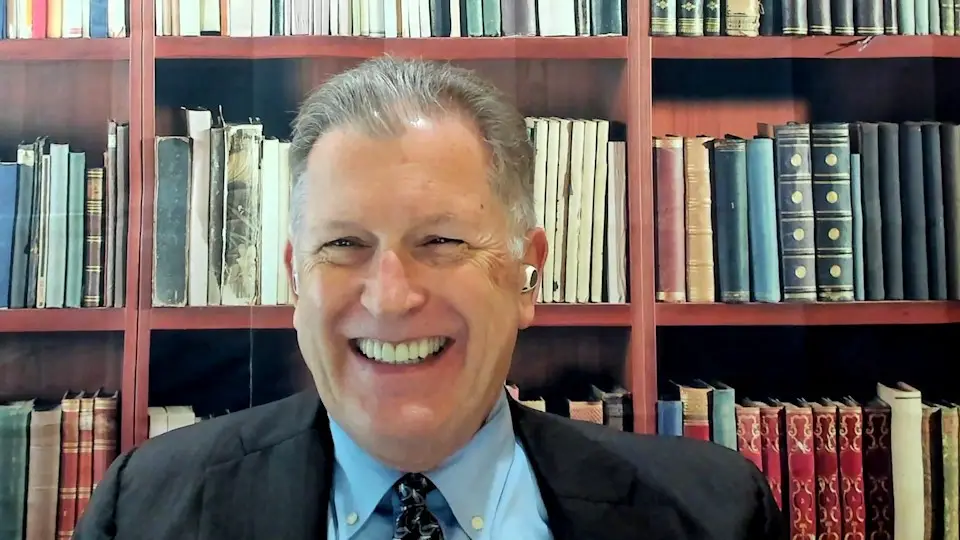After a loved one’s passing, it is not uncommon for an heir or beneficiary to call into question that deceased person’s capacity, especially if the decedent had entered into a late-in-life marriage. These concerns often go hand-in-hand with suspicions of financial elder abuse against the decedent by their surviving (new, and often much younger) spouse. And even if a new spouse does not unduly influence the incapacitated spouse to change their estate plan to the benefit of the new spouse, the new spouse can reap a significant (and potentially ill-gotten) inheritance simply through the act of marriage itself – thus turning the marriage into a form of elder abuse.
First, it is important to note that the capacity required to legally marry is extremely low.[i] Probate Code section 810 creates a rebuttable presumption in favor of capacity generally[ii], meaning that an adult is assumed to have the capacity (to marry, etc.) unless it is shown otherwise. Pursuant to Family Code section 2210, only those of “sound mind” may marry. Although the statute does not define the term, courts have held that even a person later diagnosed with schizoaffective psychosis whose doctor described her as “not mentally healthy” around the time of the marriage still had the requisite capacity to enter into the marriage.[iii] And even a person under a court-ordered conservatorship (which would include a finding that the person was incapable of managing their own personal and/or financial decisions) generally still has the capacity to marry,[iv] although a judge may make a determination otherwise.[v]
Why does this low standard of capacity for marriage matter? It matters because even if a spouse is not provided for in the decedent’s estate planning documents, they may still take a very significant share of the predeceasing spouse’s estate as an intestate heir or as an “omitted spouse” under Probate Code section 21610 (“Section 21610”). The “omitted spouse” statute applies when a decedent has an estate plan in existence at the time of the marriage, and did not amend their current estate plan either to provide for the new spouse, or to specifically express an intent not to do so. In the absence of this, Section 21610 allows a surviving spouse to receive one half of the deceased spouse’s community property, one half of the deceased spouse’s quasi-community property, and as much as one-half of the deceased spouse’s separate property assets.[vi] And even in relatively short marriages, these sums can be substantial and can have a tremendous effect on the interests of other heirs or beneficiaries. With so much at stake, there is a grave risk that an elder will be taken advantage of – simply through the act of marriage – by someone who hopes to collect from their estate upon their death.
The issue is further complicated by the fact that it is not always possible to know when a loved one has gotten married. Although marriage records are generally a matter of public record, California law allows confidential marriages between any two unmarried adults who “have been living together as spouses.”[vii] If a couple has a confidential marriage ceremony, their marriage certificate and license are maintained as confidential records and are not open to the public without a court order. Unfortunately, this means that a financial abuser can potentially hide the marriage and prevent their spouse’s family members from challenging the marriage during the spouse’s lifetime, before it’s too late.
Even assuming that the marriage is one of public record, it can be voided only in limited circumstances.[viii] A marriage is only voidable if, at the time of the marriage: (1) a party was under the age of 18; (2) either party was already married to someone who was presumed dead but was later learned to be alive; (3) either party was of unsound mind; (4) the consent of either party was obtained by fraud or force; or (5) either party was physically incapable of entering into the marriage.[ix]
Aside from the two parties to the marriage themselves (i.e. the spouses), there are very few other individuals who may initiate an action to nullify the marriage. In the event a party was under the age of 18 at the time of the marriage, the marriage can only be contested by the underage party within 4 years of obtaining the age of consent, or by their parent, guardian or conservator before the minor turns 18.[x] If either party was already married to someone who was presumed dead, the marriage can be contested by either party or by the original spouse who was presumed dead.[xi] If the marriage is contested on the basis that a party was of unsound mind, the marriage can be contested by the party who was previously of unsound mind, or by their relative or conservator.[xii] And if the marriage is contested on the basis that one party’s consent was obtained by fraud or force, within 4 years after the marriage, the marriage can be contested only by the party whose consent was wrongfully obtained.[xiii]
And even if you are in one of these limited roles and have the legal standing to nullify your loved one’s marriage on their behalf during their life, the law does not allow you to invalidate the marriage after their death. Courts have held that where a marriage ends on account of one party’s death, a person who was not a party to that marriage has no standing to nullify the marriage after death.[xiv] Thus, claims to void a marriage do not survive death.[xv]
Finally, in response to this deficiency in the law, California recently enacted new legislation set to go into effect on January 1, 2020, which will amend Probate Code sections 21380 and 21382 to apply a presumption of undue influence to any donative transfers made to care custodians who have married the decedent, if the decedent died less than six months after the marriage occurred. While this is a step in the right direction, more will need to be done (including extending the application of this statutory undue influence presumption to recent marriages which last longer than six months and to persons other than those who can be considered care custodians) in order to fully curb this new trend of marrying into elder abuse.
Because there are so many issues that can arise as a result of fraudulent or forced marriages and there are such limited ways to contest these marriages after the fact, it is essential that older adults and their loved ones remain vigilant of fraud and elder abuse when it comes to all matters of financial security, including marriage.
__________________________
[i] See In re Marriage of Greenway (2013) 217 Cal.App.4th 628, 639 (“Febental capacity can be measured on a sliding scale, with marital capacity requiring the least amount of capacity.”).
[ii] “[T]here shall exist a rebuttable presumption affecting the burden of proof that all persons have the capacity to make decisions and to be responsible for their acts or decisions.” Prob. C. § 810(a). Section 810(b) goes on to state: “A person who has a mental or physical disorder may still be capable of contracting, conveying, marrying, making medical decisions, executing wills or trusts, and performing other actions.” (Emphasis added).
[iii] Goldman v. Goldman (1959) 169 Cal.App.2d 104.
[iv] Prob. C. § 1900.
[v] Prob. C. § 1901(a).
[vi] Prob. C. §§ 21610, 66.
[vii] Fam. C. § 500.
[viii] Obtaining a judgment to nullify or void a marriage is not the same as initiating dissolution proceedings, which can be done by either party, provided they have the capacity to do so. Because California is a “no fault” state, the party seeking the dissolution does not need to provide that the spouse did something wrong. For more information, see https://www.courts.ca.gov/1032.htm.
[ix] Fam. C. § 2210.
[x] Fam. C. § 2211(a).
[xi] Fam. C. § 2211(b).
[xii] Fam. C. § 2211(c).
[xiii] Fam. C. § 2211(d); see also Pryor v. Pryor (2009) 177 Cal.App.4th 1448, 1456 (“By choosing to extend standing to third parties acting for one of the spouses only where a spouse is a minor or is of unsound mind, the Legislature expressed its intent that the injured spouse has exclusive standing to commence an action for annulment based on fraud, force, or physical incapacity.”).
[xiv] See Greene v. Williams (1970) 9 Cal.App.3d 559, 562.
[xv] See Code Civ. Proc. § 377.20; see also Pryor v. Pryor, 177 Cal.App.4th at 1457.










